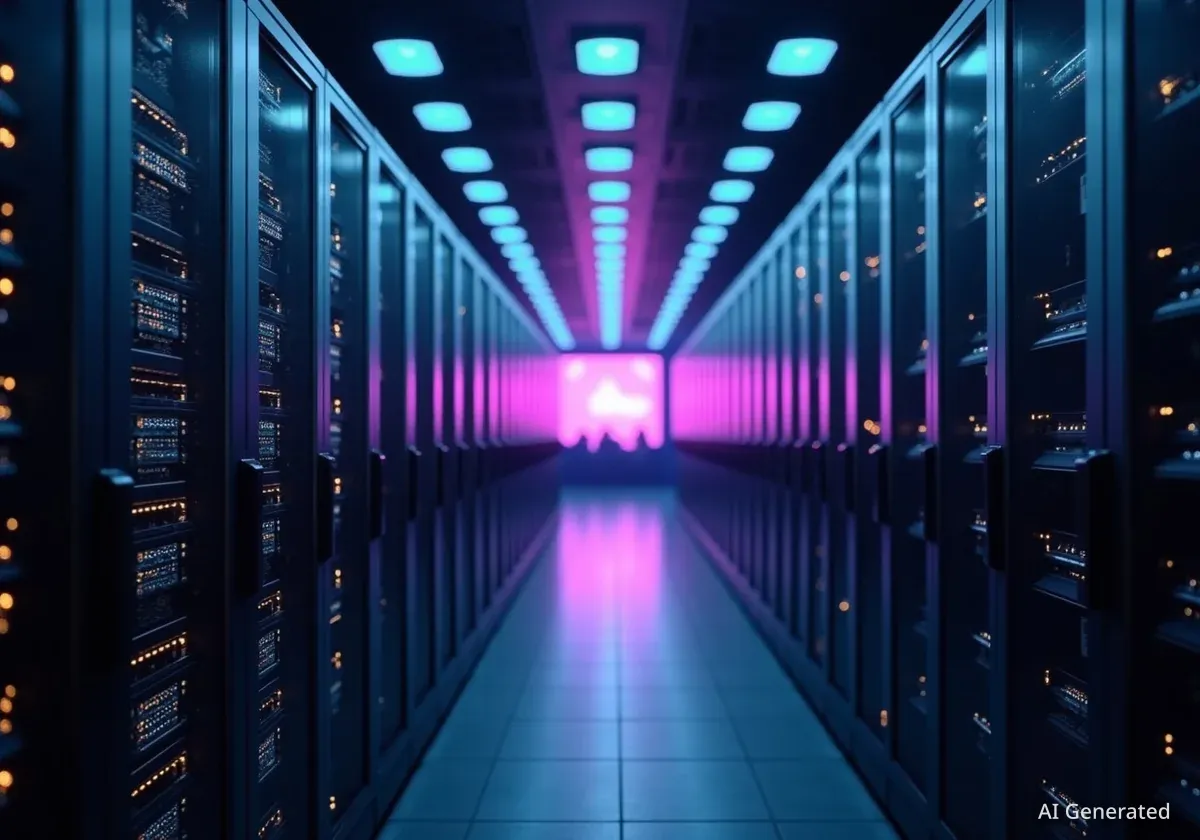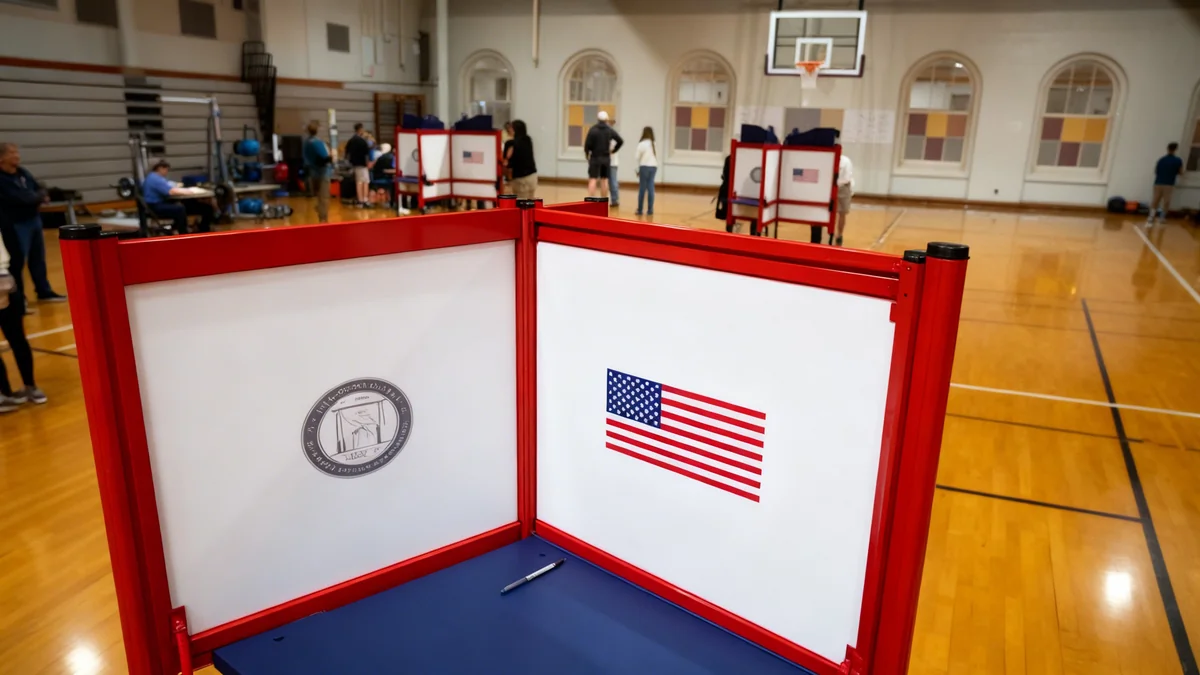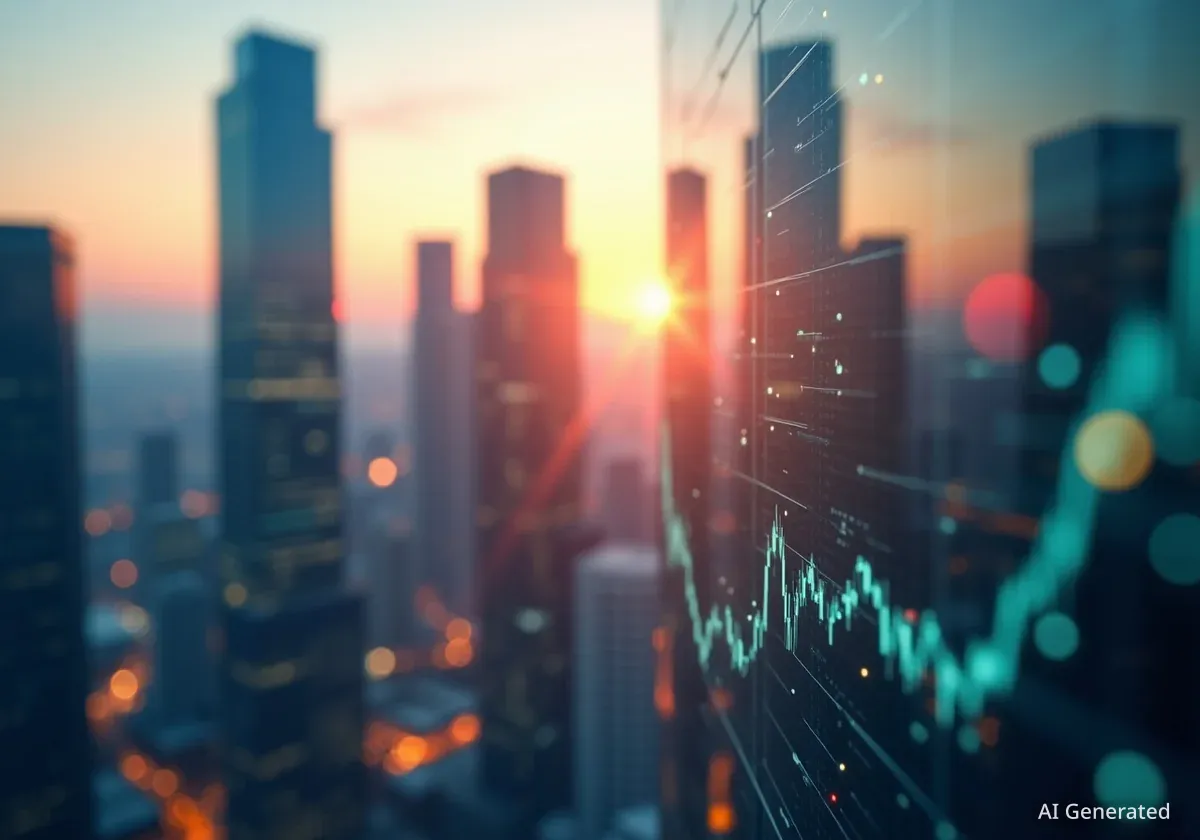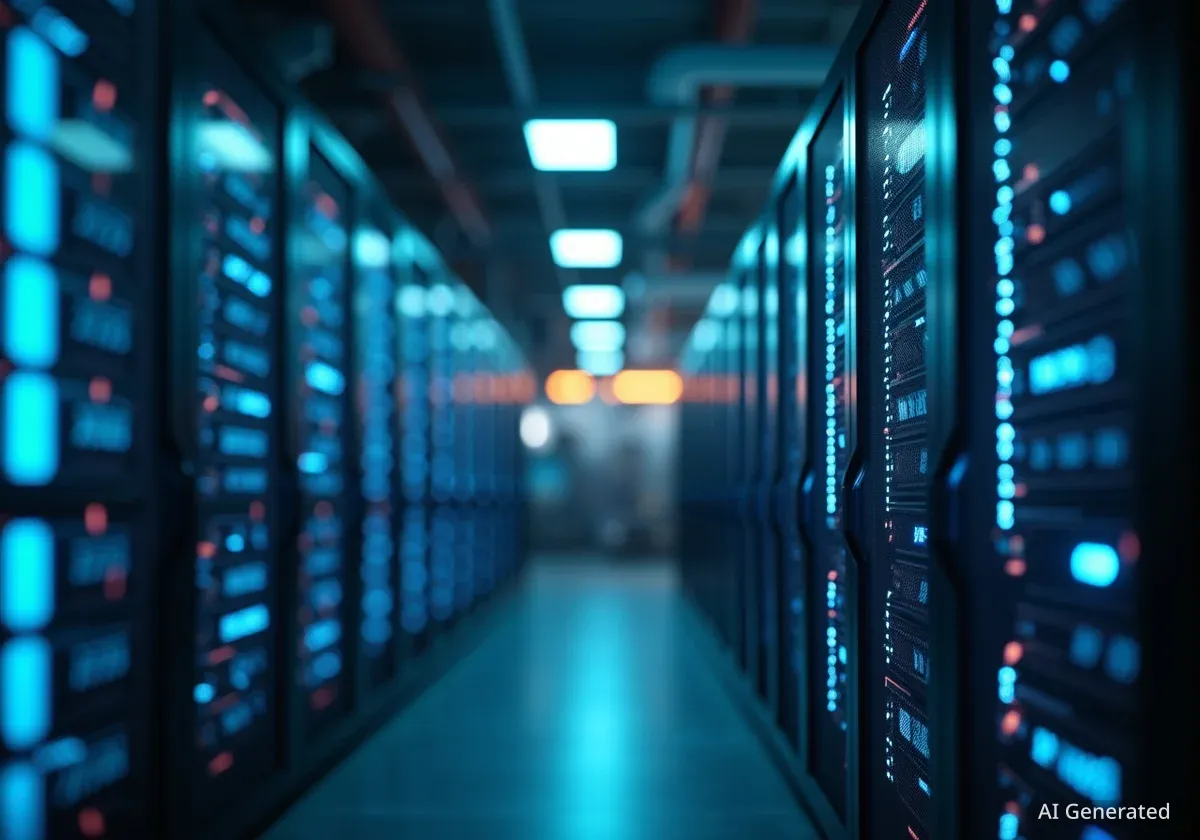In a surprising comparison, the economic and cultural impact of pop superstar Taylor Swift is drawing parallels with the rapid expansion of the artificial intelligence industry. Both are identified as dominant forces within their respective sectors, driving significant economic activity, shaping market trends, and raising similar societal questions.
From bolstering entire industries to facing scrutiny over environmental impact, the trajectories of Swift's career and the AI revolution reveal shared patterns of growth, disruption, and public debate. This analysis explores the key similarities in their market dominance, collaborative strategies, and public controversies.
Key Takeaways
- Both Taylor Swift and the AI sector are credited with single-handedly supporting their respective industries, with Swift's tours generating billions and AI stocks driving market highs.
- Each has demonstrated sustained growth and relevance, defying typical industry cycles and bubble predictions through continuous innovation and profit generation.
- Strategic collaborations have been central to both, expanding their reach and influence—Swift with music producers and AI companies through tech partnerships.
- High-profile disputes and rivalries have marked their paths, from Swift's feuds with industry figures to clashes between tech leaders like Elon Musk and Sam Altman.
- Environmental concerns have emerged as a significant point of criticism for both, focusing on private jet usage for Swift and high energy consumption for AI data centers.
Dominant Forces in Their Respective Markets
Taylor Swift and the artificial intelligence sector have emerged as powerful economic engines, each providing crucial support to their industries. The stock market's recent performance has been heavily influenced by AI, with a handful of technology companies responsible for a significant portion of overall gains.
Led by firms like Nvidia, which became the world's most valuable company, the AI boom has kept major stock indices at or near record levels. This concentration of market power in AI is mirrored by Swift's outsized role in the music industry.
Unprecedented Tour Revenue
Taylor Swift's 'Eras Tour' became the highest-grossing concert tour in history, reportedly earning over $2 billion in ticket sales. This level of revenue is unprecedented for a single artist and has provided a significant economic boost to the live music sector.
While many touring artists face financial challenges, Swift's success supports a vast ecosystem of workers, from venue staff to production crews. Her ability to consistently top streaming and album sales charts further solidifies her position as a central pillar of the modern music business, much like key AI companies are to the technology market.
Sustaining Growth and Defying Expectations
Both the AI industry and Taylor Swift's career have faced questions about the sustainability of their rapid growth, with observers in both fields raising concerns about potential bubbles. However, both have continued to expand, defying traditional expectations for their respective sectors.
The AI Valuation Debate
Many analysts have pointed to the high valuations of AI-related stocks as a sign of an overextended market. Despite these concerns, the rally has continued, fueled by projections of massive future profit growth. The argument is that the transformative potential of AI will eventually justify current stock prices as companies integrate the technology and unlock new revenue streams.
This sustained investor confidence is based on the belief that AI represents a fundamental technological shift, not a temporary trend.
A Two-Decade Reign in Pop Music
Taylor Swift has maintained a position at the top of the global entertainment industry for nearly two decades. This longevity is unusual in modern pop music, where artists often experience shorter periods of peak commercial success. Contemporaries like Katy Perry and Lady Gaga have seen shifts in their commercial trajectory, while even legends like Madonna did not experience the same type of uninterrupted, multi-faceted dominance over such an extended period.
Swift's ability to remain relevant across multiple generations of listeners and adapt her musical style has made her a unique case study in career longevity. Like AI, she has consistently upended predictions about the limits of her growth and influence.
The Power of Strategic Collaboration
A key driver of success for both Swift and the AI sector has been the strategic use of collaborations to generate new interest, innovate, and expand their reach. In the tech world, partnerships between major AI players often lead to significant market reactions.
When companies like OpenAI and Nvidia announce collaborations, it can trigger widespread positive sentiment across the stock market, as investors see the potential for accelerated innovation. These partnerships combine different areas of expertise—such as software and hardware—to create more powerful and capable systems.
Similarly, Taylor Swift has strategically used collaborations to reinvent her sound and narrative. Her work with producer Jack Antonoff was widely credited with shaping her transition into a new phase of her career. Later, she explored different genres by working with Aaron Dessner of The National, and her latest album involved renowned pop producer Max Martin.
Each new collaboration serves as a catalyst for immense discussion among fans and critics, effectively functioning as a reinvention that keeps her music at the forefront of cultural conversation.
Beyond music, Swift's high-profile relationship and engagement with NFL player Travis Kelce has been described as her most significant collaboration, merging the worlds of pop music and professional sports and generating extensive media coverage.
Navigating Public Controversies and Rivalries
The paths of both Taylor Swift and the AI industry have been marked by high-profile conflicts and rivalries that have captured public attention. The technology sector has seen intense disagreements between its most prominent leaders.
The long-running feud between Tesla CEO Elon Musk and OpenAI CEO Sam Altman is a primary example. The two co-founded OpenAI, but their relationship soured over the company's direction. Musk has publicly criticized Altman, alleging that OpenAI has strayed from its original nonprofit mission in pursuit of commercial success.
Taylor Swift is also known for public disputes, which have often been documented in her music. Her list of rivals includes fellow pop stars like Katy Perry and Charli XCX. Perhaps her most famous conflict was with Kanye West, which began at the 2009 MTV Video Music Awards and continued for years, eventually involving Kim Kardashian.
Another significant conflict involved the ownership of her master recordings. After an executive she opposed purchased the rights to her first six albums, she embarked on a project to re-record them, a move that was both a business decision and a public statement on artist rights.
Addressing Environmental Scrutiny
As their influence has grown, both the AI industry and Taylor Swift have faced increasing criticism regarding their environmental impact. The rapid expansion of AI has raised serious questions about its energy consumption.
AI's Growing Energy Demand
Training and running large AI models requires immense computational power, which in turn consumes vast amounts of electricity. The construction of massive data centers across the globe to support this demand is placing a strain on power grids and contributing to carbon emissions, according to environmental researchers.
For Taylor Swift, the environmental focus has been on her use of private jets to travel between tour dates and personal destinations. Critics point to the high carbon footprint of private air travel compared to commercial flights. Public data on flight tracking has brought this issue to the forefront in recent years.
Reports indicate that Swift has taken steps to address the criticism, including downsizing her fleet of private aircraft in 2024. However, the use of private jets by public figures remains a contentious issue. This shared environmental scrutiny highlights a common challenge for powerful entities: balancing operational needs with growing demands for corporate and personal responsibility.





